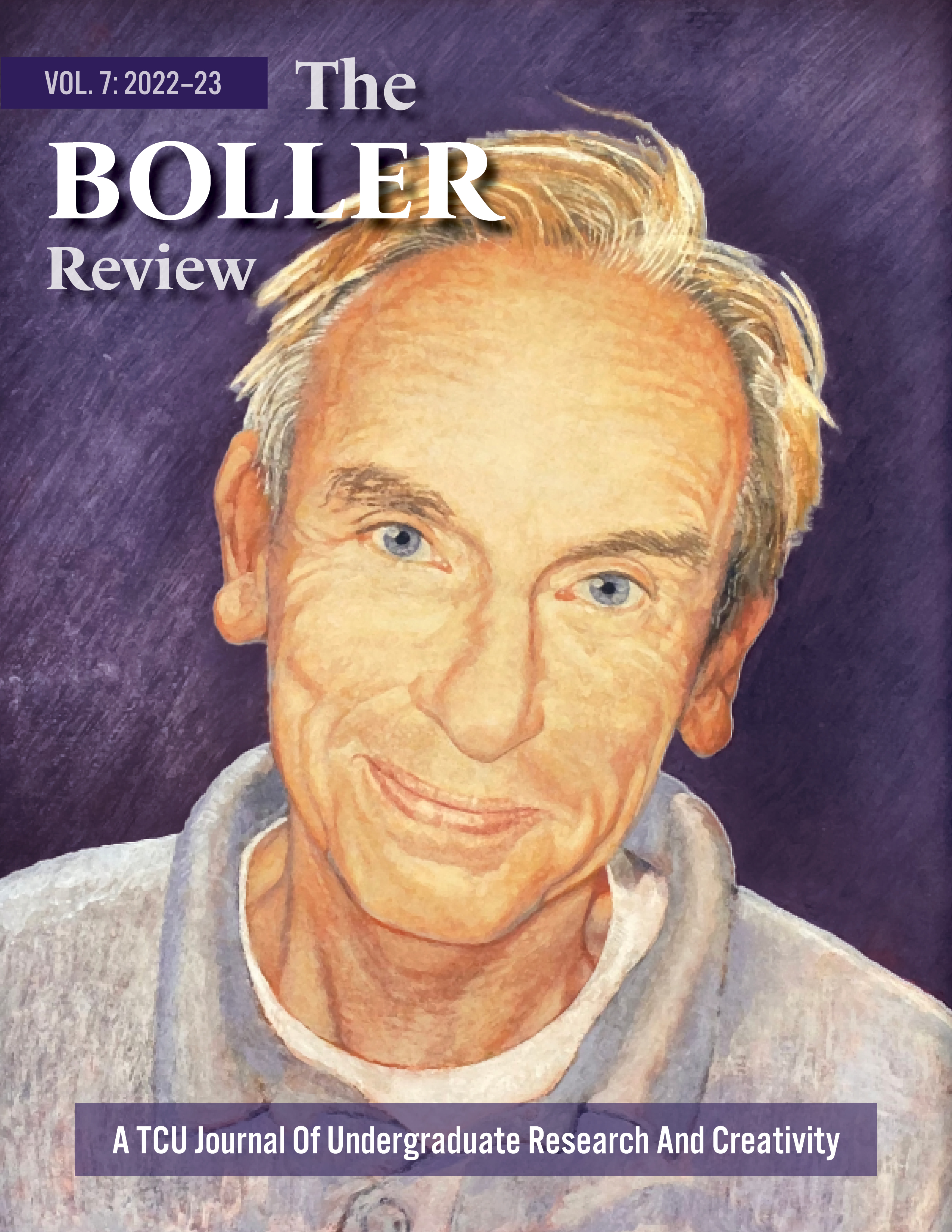Examining Parental Alcohol Use and Peer Relationships as Predictors of Substance Use Severity
Main Article Content
Abstract
In the United States, issues with substance use among adolescents has grown in its prevalence, and past research has shown a continuity in substance use amongst children with substance involved parents. In adolescence, young men tend to report higher rates of alcohol use when compared to young women. As such, we were interested in examining gender as a moderating factor on the relationship between parental alcohol use and substance use severity. Amazon’s MTurk was used to recruit 185 participants with a history of substance use to complete a series of surveys. Participants reported parental alcohol use during childhood and involvement with pro-social peers. Results revealed gender did not moderate the relationship between parental substance use and respondents’ self-reported substance use. However, there were strong correlations among substance use severity, parental alcohol use, and involvement with pro-social peers. Specifically, respondents who were the child of a mother who experienced problems with alcohol were 3.12 times more likely to have a severe SUD. This effect was not observed when paternal alcohol use was examined as a predictor of substance use severity (p=0.651). Respondents involved with pro-social peers are less likely to have a severe substance use disorder (p<0.001). Together, children whose mothers struggled with alcohol use were more likely to develop a severe substance use disorder. In contrast, having a father who struggled with alcohol use did not affect respondents’ involvement with substance use. Furthermore, having a peer support system reduces subsequent substance use, regardless of parental alcohol use.
Comments from Mentors
It continues to be a pleasure collaborating with Vinisha, a student intern at the Institute of Behavioral Research. Her work is an insightful contribution to the greater body of research informing clinical practice within our field.
